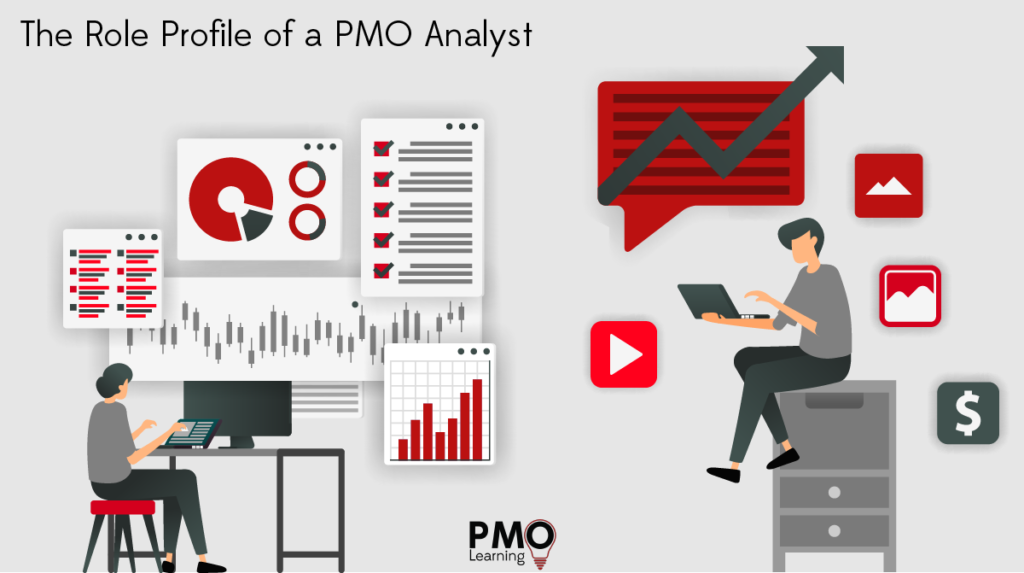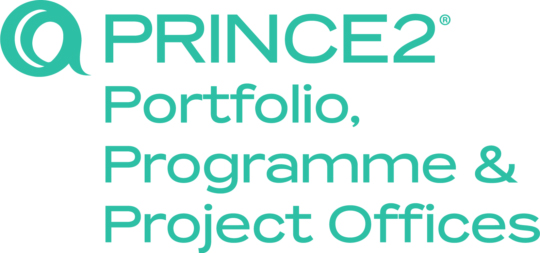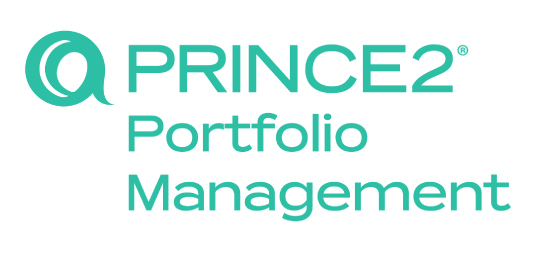Typically, the PMO Analyst forms part of the PMO team with the PMO Manager leading the team. The Analyst role is predominantly carrying out the PMO service offerings – for example, providing support to Project Managers in areas such as maintaining the project plans; carrying out the reporting and analysis; advising on governance arrangements etc. The PMO Manager often has a dual role. They are not only leading the PMO team, keeping the team motivated and well supported to carry out their duties. They are also responsible for the PMO itself. That means setting the direction, making decisions on where improvements need to be made or new services introduced.
Working Together – PMO Analysts and the PMO Manager
 Effective collaboration between PMO Analysts and PMO Managers is crucial for the success of the PMO. Each needs and relies heavily on the other. The Analyst role needs the support and backing of the PMO Manager to ensure that the work they do is aligned with the PMO service offerings and are effectively integrated into the overall project management approach of the organisation.
Effective collaboration between PMO Analysts and PMO Managers is crucial for the success of the PMO. Each needs and relies heavily on the other. The Analyst role needs the support and backing of the PMO Manager to ensure that the work they do is aligned with the PMO service offerings and are effectively integrated into the overall project management approach of the organisation.
Similarly, PMO Managers depend on Analysts for accurate data, detailed reports, and process efficiencies that inform decision-making, facilitate resource allocation, and drive the successful execution of projects. In many ways, the PMO Manager outlines the strategy of the PMO and the PMO Analyst is delivering in line with the strategy – a close relationship!
Common Challenges
Transitioning from a PMO Analyst to a PMO Manager involves several common challenges that arise due to differences in roles, responsibilities, and required skill sets. Here’s a detailed look at three of the most common challenges and potential solution on how to overcome them:
1. Shift from Tactical to Strategic Focus
Challenge: PMO Analysts primarily focus on tactical tasks, such as data analysis, project tracking, and process optimisation. In contrast, PMO Managers must adopt a strategic outlook, aligning projects with organisational goals, managing portfolios, and making high-level decisions.
Impact: Analysts may struggle to broaden their perspective from detailed, project-specific tasks to understanding the overall strategic impact of projects and their alignment with business objectives.
Solution: Engage in strategic planning and goal-setting activities to develop a strategic mindset. Participate in higher-level meetings to gain exposure to strategic discussions and decision-making processes.
 2. Development of Leadership Skills
2. Development of Leadership Skills
Challenge: As PMO Analysts, individuals are typically not responsible for leading teams or making critical decisions. Transitioning to a PMO Manager role requires developing leadership capabilities, including decision-making, team management, and stakeholder engagement.
Impact: Analysts might find it challenging to move from a supportive role to a leadership position where they must inspire and guide their teams, manage conflicts, and drive project success.
Solution: Take on small leadership roles within current projects, seek mentorship from experienced managers, and invest in leadership training to build confidence and competence in managing teams.
3. Navigating Organizational Politics
Challenge: PMO Managers often navigate organisational politics, including balancing competing interests, managing conflicts, and aligning with the broader business strategy. This aspect is less prominent in the PMO Analyst role.
Impact: Analysts may be unprepared for the political dynamics of managing a PMO, such as negotiating resources, handling inter-departmental conflicts, and influencing high-level decisions.
Solution: Observe and learn from current Managers about navigating organisational politics. Build alliances and understand the political landscape of your organisation to prepare for the complexities of a managerial role.
Further Advice for Making the Transition
If you’re a PMO Analyst thinking about making the transition into a PMO Manager role there are a number of different actions you can take today to get you prepared:
- Leverage Training and Development: Participate in training courses like ‘Essentials for PMO Managers‘ and ‘Essentials for PMO Analysts‘ to gain insights and skills necessary for advanced roles. These courses provide valuable knowledge on leadership, strategic planning, and PMO services.
- Seek Mentorship: Engage with experienced PMO Managers who can provide guidance and share their experiences on transitioning from an Analyst role.
- Develop Strategic Thinking: Focus on understanding how individual projects align with the organisation’s strategic goals and how to contribute to broader project success from a managerial perspective.
- Enhance Leadership Skills: Cultivate leadership qualities by taking on small leadership roles within your current position to build confidence and competence.
- Build Relationships: Actively network within and outside your organization to build a robust support system.
- Develop a Broader Perspective: Familiarise yourself with the company’s strategic objectives and how your PMO contributes to achieving them.
 For practical guidance, you can take a look at the PMO Competency Framework which enables you to perform a PMO Competency Self-Assessment. The assessment can be taken for both the PMO Analyst role you perform today and the role you’re aspiring to move into – the PMO Manager role. You can check out more information about this at House of PMO. You can also find out about skills gaps right here at PMO Learning.
For practical guidance, you can take a look at the PMO Competency Framework which enables you to perform a PMO Competency Self-Assessment. The assessment can be taken for both the PMO Analyst role you perform today and the role you’re aspiring to move into – the PMO Manager role. You can check out more information about this at House of PMO. You can also find out about skills gaps right here at PMO Learning.
Performing an assessment like this can highlight where your skills gaps might be as you consider moving into the PMO Manager role. For some of these skills you can start to work on them right now in readiness for your career move.
More Reading
Enjoying Our Blog?
Sign up and receive all our articles (we’ll send you an update once a week!) plus special offers and events:










